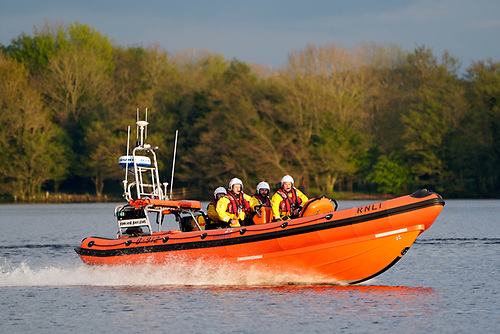Displaying items by tag: Seek nonexcutive
Commissioner of Irish Lights Seek Non-Executive Board Member
The Commissioners of Irish Lights (Irish Lights) is seeking Expressions of Interest for appointments to its Board.
The mission of Irish Lights is Safe Navigation at Sea. We are a maritime organisation delivering essential 24/7 safety and navigation services, 365 days a year. With strong working ties to our sister agencies Trinity House and Northern Lighthouse Board in the UK, Irish Lights operates on an all island basis, covering both jurisdictions, North and South.
Our current 2018-2023 strategy ‘Safe Seas – Connected Coasts’ recognises the exciting and challenging trends in the maritime sector at national and international level. With a strong focus on safety, innovation, technology and sustainability, Irish Lights plays a leadership role in the delivery of next generation navigation and maritime safety services. We are looking for experienced individuals to join our Board, to support the ongoing development of the organisation. Two appointments will be made in the first quarter of 2023, with a further two appointments later in 2023. Applicants should have Board / Senior Management experience and a specific capability in one or more of the following;
- Financial experience and expertise – an Accountant ideally with Audit and Risk Committee interest and experience.
- An Engineer with recent experience in Environment / Heritage / Sustainability / Planning and Consenting / Health and Safety
- A Construction / Property Development Specialist with experience in Sustainability / Heritage / Architecture.
- A Specialist in the field of Environment / Sustainability / ESG and /or Health and Safety.
- A Legal Specialist, ideally with current planning and / or contractual expertise
Marine, Maritime and Navigation experience would be beneficial and is desirable but is not essential. This would include expertise or specific experience of working professionally in any sub-sector of the marine and maritime sector e.g. shipping, ports, offshore wind, fisheries, leisure, marine technology, surveying etc. or knowledge of navigation gleaned from a relevant qualification or a sailing/seafaring background (e.g. yacht master, leisure, merchant, navy).
Irish Lights values and supports diversity and equality of opportunity. Appointments are made on merit. While Board members do not receive fees, the successful appointees will gain significant exposure to and experience in a sector growing in both national and international importance.
Expressions of Interest should be submitted to [email protected] no later than the 27th January 2023. For an Expressions of Interest forms, note the attached pdf.




























































